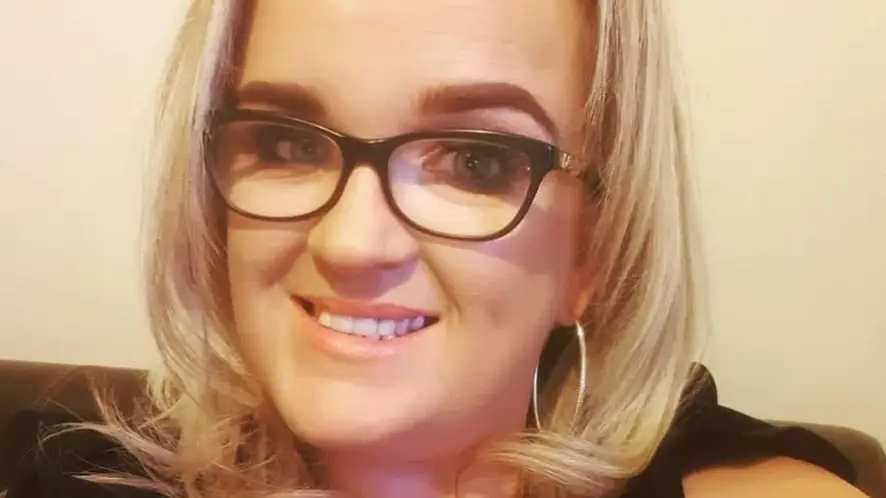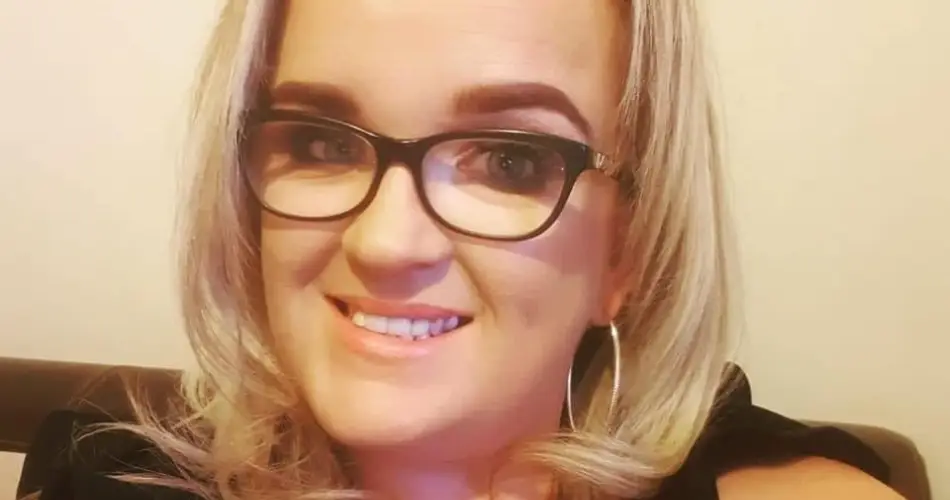
One mum has tragically died just months after doctors failed to spot signs of her growing brain tumour.
Katie Flynn, who hailed from Bootle, was just 34 when she sadly passed away from a brain tumour which a doctor at the Walton Centre initially failed to spot until it had grown by a staggering 10mm in size back in March of last year.
Since then, an inquest has been held at Gerard Marjella Courthouse in Kirkdale on Wednesday (29 November), which heard there were a number of 'missed opportunities' and failures in relation to Katie's care, including post-surgery.

Advert
Area Coroner, Ms Anita Bhardwa, concluded death by misadventure, contributed to by neglect and said a Regulations 28 report, also known as a prevention of future deaths report, would be sent to the Society of British Neurological Surgeons and the NHS improvement department.
"It’s an absolute tragic set of circumstances that’s left two young children without their mum," Ms Bhardwa stated.
The mum-of-two first started noticing symptoms of numbness and weakness in her arms and legs back in November 2020.
She was found to have a syrinx - a fluid filled cyst that forms within the spinal cord - and was later referred to a specialist spinal clinic followed by a pain team.
However, the painful symptoms didn't stop and she was later sent for an urgent MRI scan in August 2021 with the inquest hearing a doctor at the Walton Centre failed to spot the signs of the tumour on the scan.
In December of that same year, a consultant noted the MRI scan from August looked abnormal and requested a review, which confirmed a mass legion had been missed.
Ms Bhardwa stated that this was a missed opportunity which significantly delayed the findings of the tumour and Katie’s treatment for several months.
The inquest heard it was not possible to say how much difference early treatment would have had on Katie's life expectancy but the risks associated with the tumour would have been the same.
A month later, in January 2021, a biopsy confirmed the mum-of-two had an Atypical Teratoid Rhabdoid Tumour (ATRT) - a malignant and fast growing form of cancer that's most often diagnosed in children and is very rare in adults.
Katie was the first adult at the Walton Centre to undergo surgery for this kind of tumour in February 2022.

Luckily, the surgery was successful in removing a large part of the tumour but Katie was slow to wake up post-surgery and a CT scan found some blood leading doctors to leave the external ventricular drainage (EVD) in place to help drain the fluid from Katie's brain.
She remained in intensive care where she soon started to show signs of improvement.
However, in the first week of the following month (3 March), just days before she died, Katie unfortunately developed a fever and a sepsis infection and, the next day, the EVD stopped draining the fluid in her brain and nurses alerted the on call doctor.
This prompted the doctor to ask if the fluid level was oscillating [if it was moving back and forth] and it was, so he wasn’t concerned.
But, when the same exact issue happened again the following day, nurses failed to inform the on call doctor for four hours, during which time the drain in Katie's brain was draining little to no fluid - a situation which was critical for her.
Ms Bhardwa said the failure to escalate this issue to medical staff or inform them that Katie had a wet dressing, which could indicate the drain had been dislodged, was a 'basic gross failure, namely neglect'.
Wednesday's inquest heard there was a lack of clear guidance for nursing staff on what to do in this situation, which more than likely contributed to this.

It wasn't until around 4.25am on March 5 that nurses alerted medical staff after finding Katie with enlarged and unreactive pupils.
Katie was rushed for an urgent CT scan which confirmed she had hydrocephalus, a build up of fluid in the brain, and the EVD drain in her brain had been dislodged.
The mum sadly died the next day (6 March) with the medical cause of her death being recorded as 1A Hydrocephalus (operated) caused by the displacement of External ventricular drain EVD, caused by the malignant brain tumour (operated).
Since her death, the Walton Centre has changed its policy surrounding EVD drains and has written to other hospitals advising them to do the same.
Deputy Medical Director at The Walton Centre, Dr Sacha Niven, said: "The most important change really is we’ve taken out any ambiguity.
"If a drain is not draining for more than one hour medical staff are to be called. It’s clear oscillation doesn't matter anymore."
The coroner has also requested a prevention of future deaths report advising other hospitals across the country to review this policy.
If you’ve been affected by any of these issues and want to speak to someone in confidence, contact Macmillan’s Cancer Support Line on 0808 808 00 00, 8am–8pm seven days a week
If you have experienced a bereavement and would like to speak with someone in confidence, contact Cruse Bereavement Care via their national helpline on 0808 808 1677